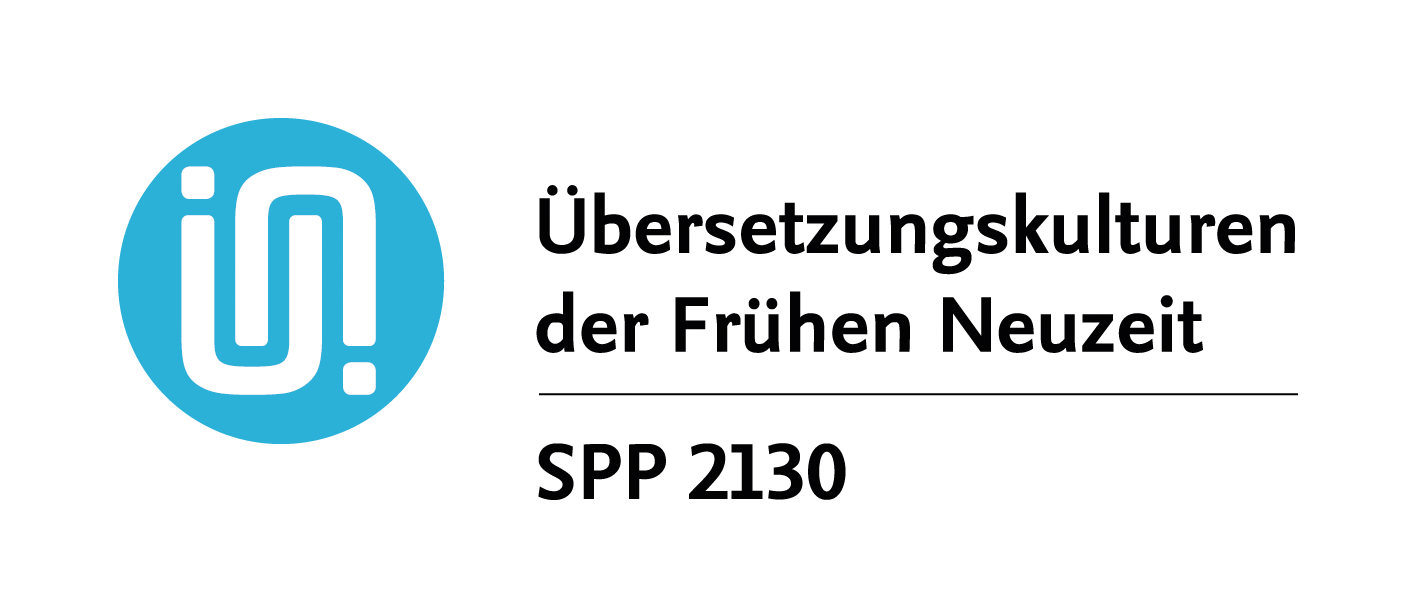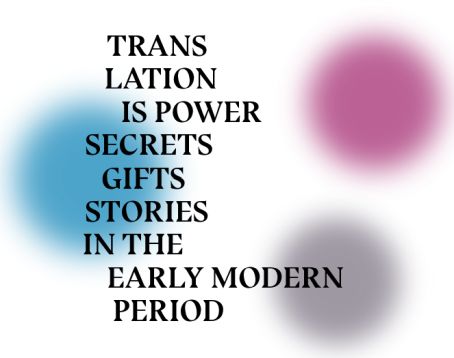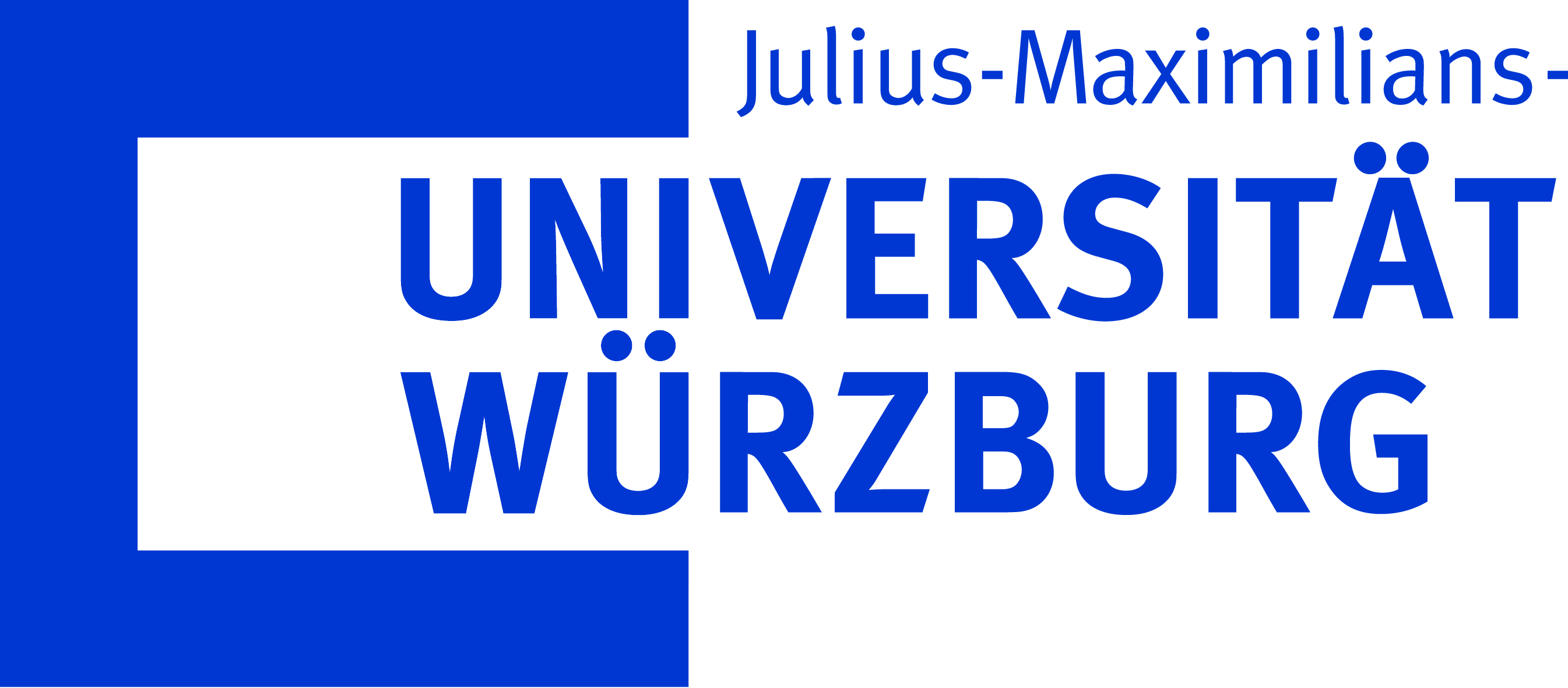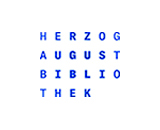Section 1
Section 1: Sign Systems and Medial Transformations (director: Jörg Wesche)
The historical conceptualisations of translation processes themselves form the foundation for describing and understanding early modern translation cultures. This section offers a basic working platform for concentrated research on the use and negotiation of various sign systems in translation. A core aspect here is the interrelationship between semiotic encoding and medial conveyance. How do sign process and mediality ‘co-operate’, and how are the specific translation subjects transformed by their respective medial frameworks? This section accordingly opens up research perspectives on the relationship between translation and reflection on language in the Early Modern period, between translation and language work, and between the history of semiotics and the history of media.
Projects
Prof Dr Erich Poppe, Dr Elena Parina
The Welsh Contribution to the Early Modern Cultures of Translation: 16th Century Strategies of Translating into Welsh
Dr Astrid Dröse
Song Culture of the 17th Century as a Culture of Translation
Prof Dr Andreas Gipper, Dr Caroline Mannweiler, Dr Diego Stefanelli
Scientific Translations in France in the Classical Age – with a Focus on Translations from German and Italian
Prof Dr Jörg Wesche, Dr Julia Amslinger
Verse Techniques in Translation. The Internationalisation of German Poetics and Occasional Poetry of the 17th and 18th Centuries
Prof Dr Renate Dürr, Irina Saladin
Cartography as Translation: The Map Production of 18th Century French ‘Armchair Geographers’




